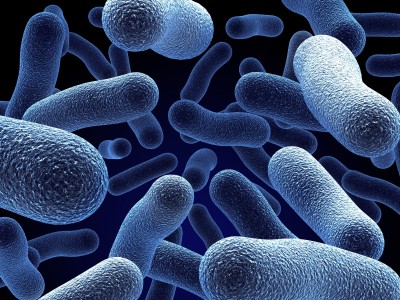Oral Bacteria able to Mimic the Body’s Natural Proteins to Cause Heart Disease

Further research has been conducted concerning the effect of dental plaque in relation to heart problems, such as endocarditis.
It is already known that there is a direct link between oral bacteria and heart diseases, but researchers at the University of Bristol and the Royal College of Surgeons, Ireland, have studied the problem in minute detail, to ascertain how dental bacteria such as Streptococcus gordonii cause damage to the heart.
The team found that once it has entered the bloodstream, Streptococcus gordonii was able to mimic human proteins using a molecule it wore on its surface. The protein in question was fibrinogen, which is involved in the process of blood clotting. The body’s response to fibrinogen is to send platelets to the area, which cause clotting. The Streptococcus gordonii is then able to manipulate this function by allowing the platelets to encase it, which prevents the body’s immune system from detecting and destroying it and also stops the effects of antibiotics used to treat infection.
This continually pile up and clotting of platelets then leads to clogged blood vessels, heart valve growths and inflammation of the blood vessels that lead to the brain or heart.
Dr Helen Petersen presented the work and discussed how finding the basic relationship between the body and oral bacteria and the damage it can cause can help in the development of a treatment.
“In the development of infective endocarditis a crucial step is the bacteria sticking to the heart valve and then activating platelets to form a clot. We are now looking at the mechanism behind the sequence of events in the hope that we can develop new drugs which are needed to prevent blood clots and also infective endocarditis.”
She also discussed the importance of good oral hygiene and the benefit of a regular daily routine using brushing, flossing and mouth wash, to prevent such dangerous problems from occurring.
Join this Discussion










